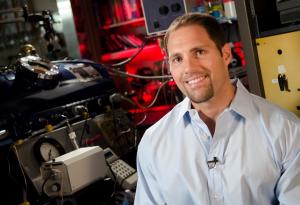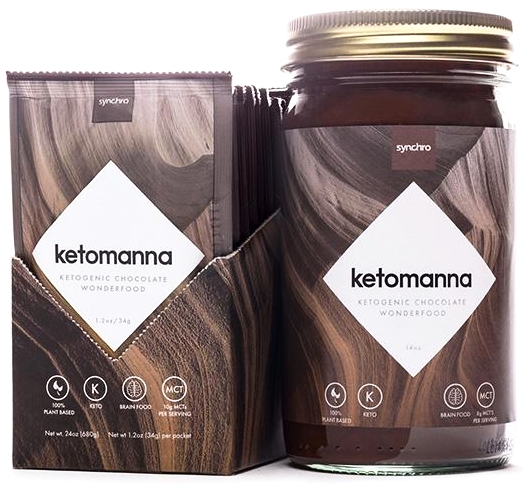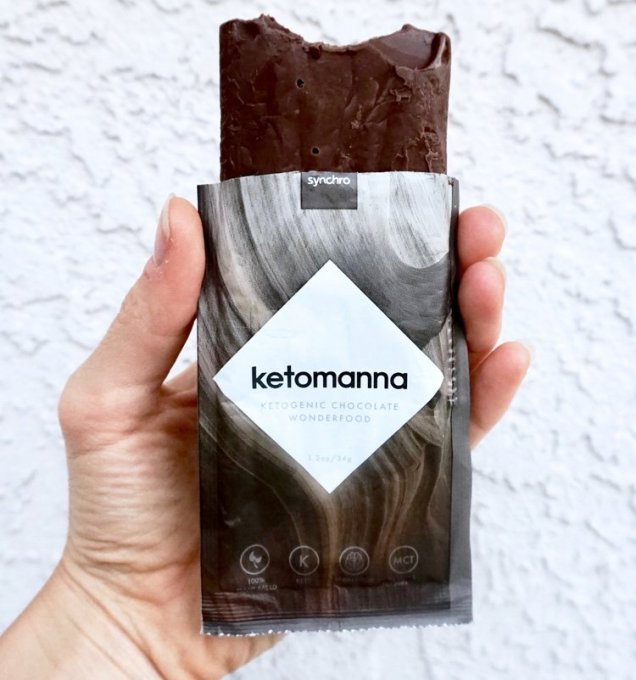 Dr. Dominic D’Agostino serves as a tenured associate professor at the University of South Florida, where he studies metabolic-based therapies such as the ketogenic diet. He also shares information about the topic through his blog KetoNutrition. Much of Dr. Dominic D’Agostino’s ketone research has focused on exogenous ketones, and he has published numerous peer-reviewed papers and articles on it.
Dr. Dominic D’Agostino serves as a tenured associate professor at the University of South Florida, where he studies metabolic-based therapies such as the ketogenic diet. He also shares information about the topic through his blog KetoNutrition. Much of Dr. Dominic D’Agostino’s ketone research has focused on exogenous ketones, and he has published numerous peer-reviewed papers and articles on it.
A high-fat, low-carbohydrate (carb) eating regiment introduced in the 1920s, the ketogenic diet (keto diet) was originally used as a dietary method of seizure control for people with epilepsy. The diet’s success rate prompted further scientific inquiry, and medical professionals have since developed variations as effective treatments for other conditions with an underlying metabolic dysregulation. The diet switches the body’s primary fuel source from glucose to fats and ketones, which can offer health benefits by supplying the brain with energy and lowering blood sugar and insulin levels.
However, adherence to strict eating habits is required for the keto diet to work and not result in muscle loss. This has facilitated investigations on the possibility of reducing its restrictive nature through ketogenic supplements called exogenous ketones. This would remove dietary limitations by allowing a person to ingest ketone in pill form instead of producing it within the body. The supplementations can come from synthetic or naturally derived ketones, and there are three types: ketone esters, ketone salts, and medium-chain triglycerides (MCTs).
Although research into exogenous ketones is new and ongoing, studies are providing promising results that include new technologies. For instance, all three supplement types have displayed anti-seizure effects in different seizure and epilepsy models.








